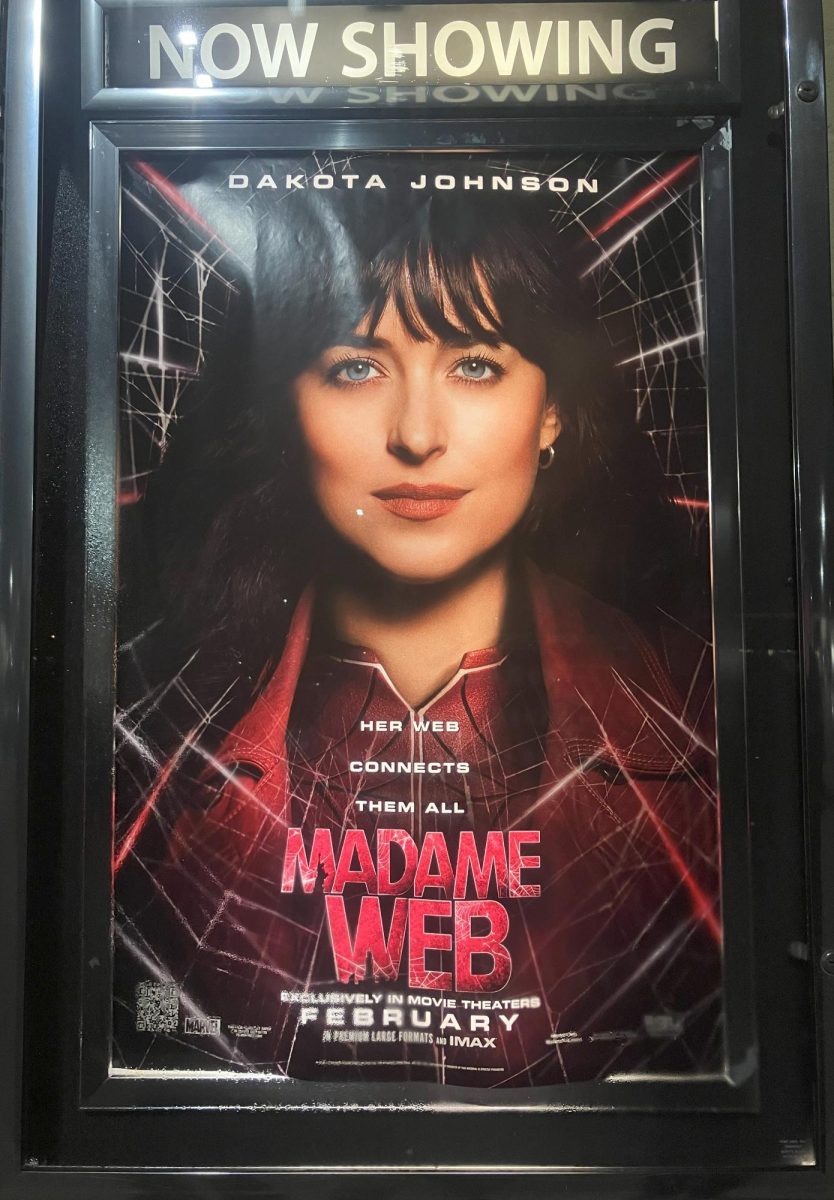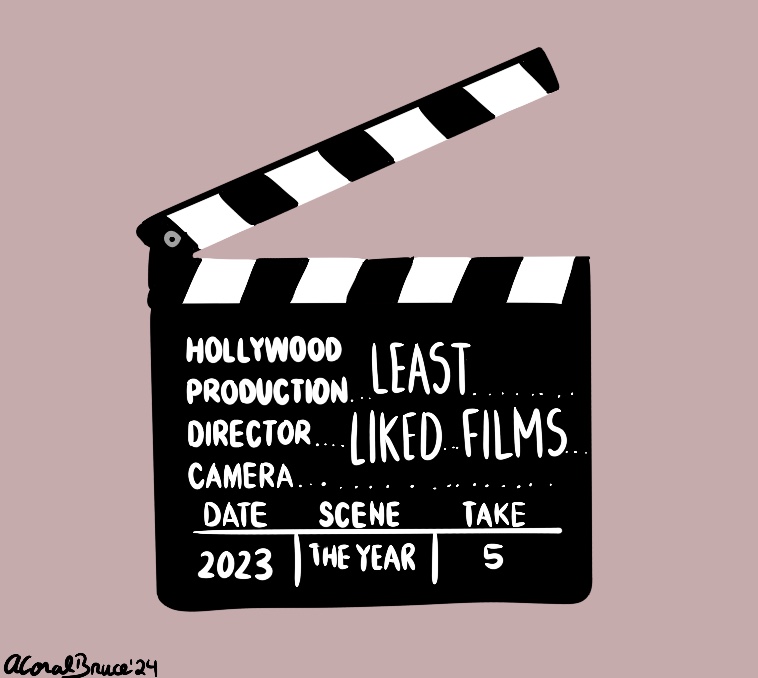Claire Oliver
Borat is not a journalist.
Normally it wouldn’t be necessary to say this out loud, but recently some others have begged to differ.
Internet Movie Database (yes, I’m that cool) ran a studio briefing reporting the defamation suit against the makers of the film had been thrown out.
The judge presiding over the case explained the film was a commentary on human behavior, and therefore it was protected under the umbrella of media defined as journalism. She said the film shed new light on the American population through its depiction of their “bizarre and offensive” reactions to Sacha Baron Cohen’s “bizarre and offensive” character.
I’m all for laughs, but there is a difference between journalism and entertainment. Journalism works to keep people informed as responsible citizens. Entertainment, on the other hand, is a separate entity, and is not subject to the same standards of accuracy, objectivity and ethics.
Of course not every story can be completely serious, but human interest stories, cartoons and entertainment news cannot be compared to “Borat.” These media do not provoke their subjects to act offensively. They, as subsections of journalism, are there to observe. They are to be neutral, objective and reliable sources.
This was not the intention of Cohen or the other filmmakers involved with the project.
In the film, the character Borat is supposed to be a journalist. I also know the offensive, and in some cases disgusting, actions leave viewers with a newfound humility about just what it means to be American.
The problem comes from the doors opened by the judge’s definition of journalism.
If “Borat” is a commentary on human behavior, then so is “Jackass,” “America’s Funniest Home Videos” and “Jerry Springer.”
Shows that consist primarily of people hitting themselves and others diminishes the respectability of journalism. As a mass communication student aiming to enter the field, I can say with great certainty: This was not why I entered the major.
Undercover reporting sounds extremely cool, but scaring a response out of someone with inappropriate photos or a bear in the back of an ice cream truck are not ethical techniques.
Entertainment is vital, and while I don’t think we should avoid controversial films that push the envelope, these projects should not receive the same protection as objective, accurate and newsworthy subjects do. They should be judged in their own right.






